- About

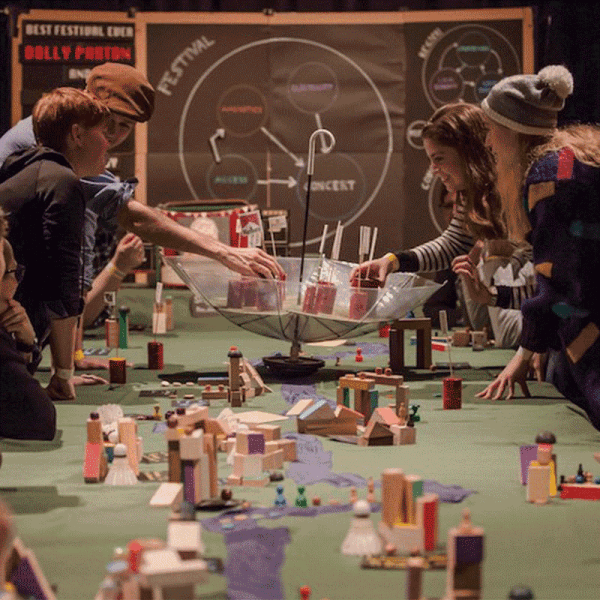 best festival ever, tokyo coin laundry, experiments, outbound.
best festival ever, tokyo coin laundry, experiments, outbound.
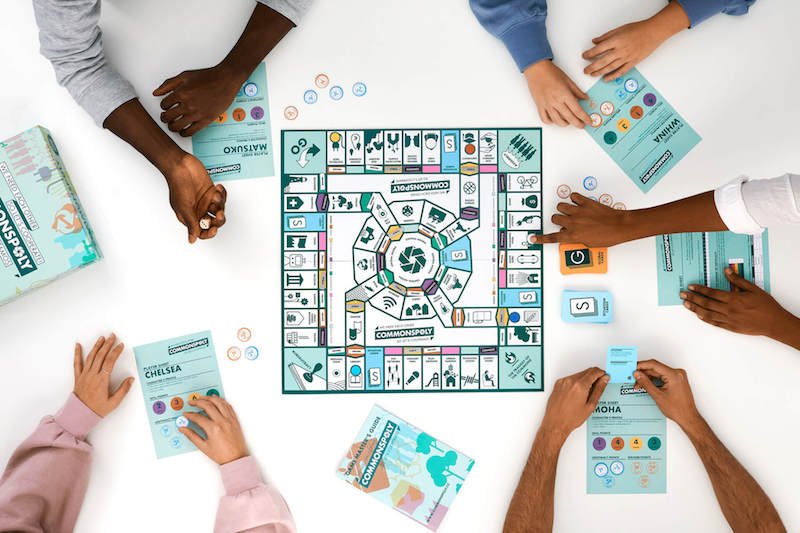 Commonspoly, Zemos98, 2014-2020.
Commonspoly, Zemos98, 2014-2020.
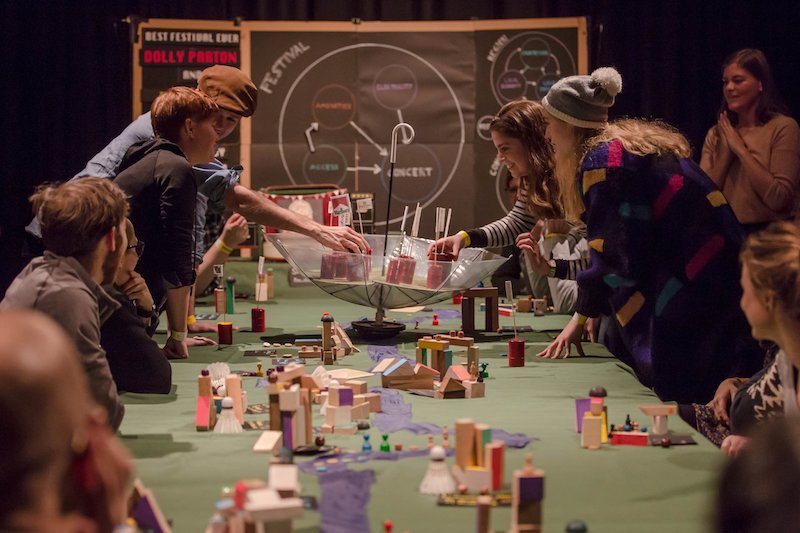 Best Festival Ever, Boho Interactive, c2014-2019.
Best Festival Ever, Boho Interactive, c2014-2019.
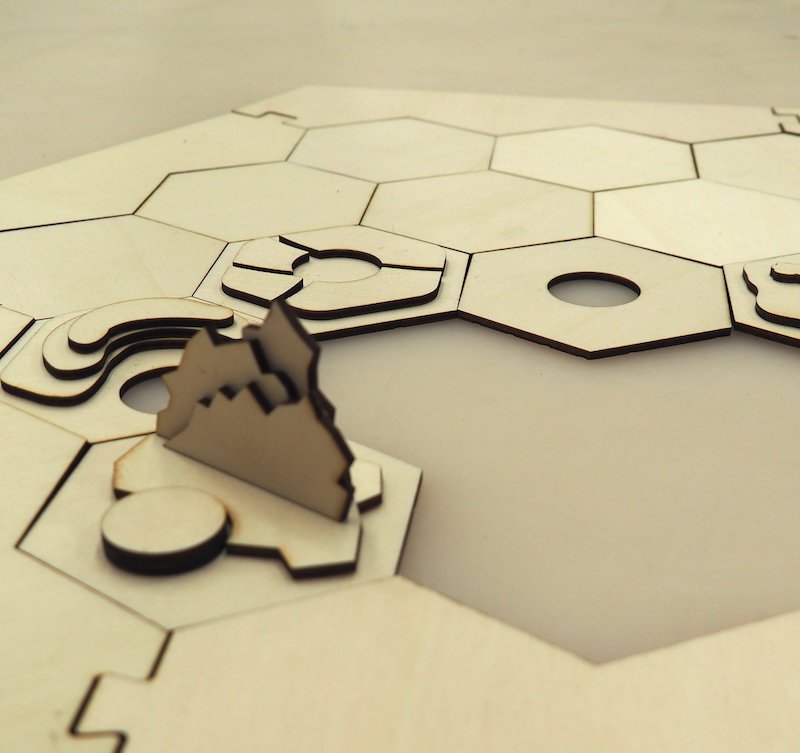 Experiments with material and form, Tania Ivanka, 2019.
Experiments with material and form, Tania Ivanka, 2019.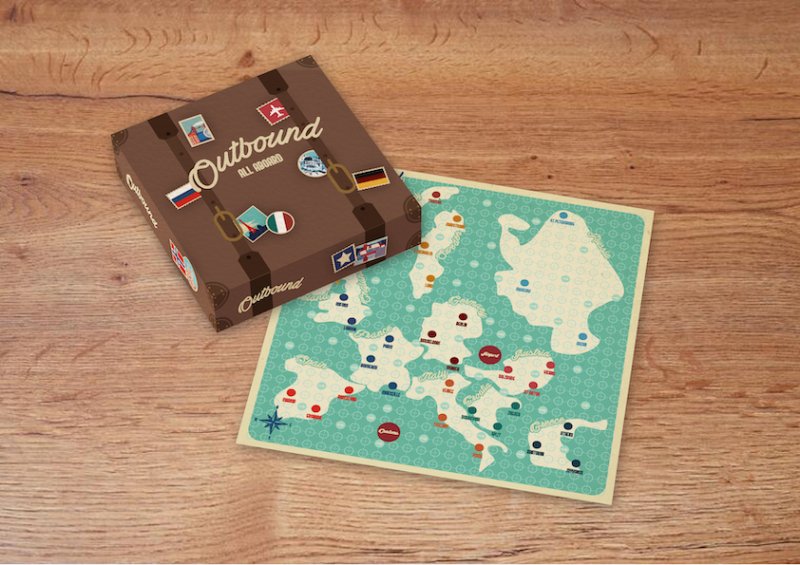 Outbound, Ariella Weinmann, bored studio 2021.
Outbound, Ariella Weinmann, bored studio 2021.Bored
—Tania IvankaSECOND YEAR [GRAP2641 / 2643]
5A & 5B: WEDNESDAY
*See myTimetable for Room & TimeStudio Inquiry
Bored...
Board games.
Bored games?
Who has time to be bored anymore?
Games can be fun but also be very serious.
While making awesome games, and learning crafting and production processes, we will also examine our culture and how designed artefacts, like board games, both reflect and reinforce our deeper cultural practices and structures. Be ready to have some serious fun.EngagementWe will primarily draw upon a range of games theory in the development of our own board games.
We will also use additional frameworks and theories to explore the underlying messages that games invisibly convey.Communication of knowledgeWe will explore existing games through active experience and analysis.
We will develop new games through creating game narratives, exploring game mechanics, prototyping and testing, with attention to underlying social messages of what we create.ActivitiesResearch and development will be presented through reports based upon class activities, workshops and analysis activities.
Through practical workshops, we will hone our crafting skills in using diverse materials and production processes covering, sticker/label production, box and game board production, and potential for laser cut wood or 3D printing using the Library makerspace. Through these practical workshops you will reskin an existing open source game to rapidly test different methods and refine your crafting skills.
We have several RMIT resources we can use, however you will occasionally need to purchase materials, components or specialty printing.
By the end of semester you are expected to deliver a high quality game with artwork ready for production.Whether your game is social commentary, or a piece of art, your final project should look like it is ready to sit on the shelf of a games shop.
Please note:
Developing a fully functioning strategic board game can take significant time in development and testing to get the mechanics working just right. Years in fact! We have only a few weeks to learn about this and develop a game. While you will initially develop and test a game narrative and mechanic, your final game is unlikely to be functional or ready to play. However your intentions should be aiming towards a well developed game logic which will inform your choice of game pieces for final design. The instructions accompanying your game should at minimum introduce the overall narrative and purpose of the game to the players.AssessmentsThere are four assessment tasks for this studio, the briefs are made up of a range of milestone deliverables that are interconnected and build upon each other.
Brief 01: SKO 30%
Brief 02: Research (game analysis and skill development, simple game reskin, findings presented in a report) 20%
Brief 03: Developing and testing your own game. 20%
(documenting process findings and final directions, presented in a report).
Brief 04: Final game production 30%
(High quality crafting of game including game parts and packaging, plus press quality finished artwork files).Pre-ReadingBoard games as experience design
https://uxdesign.cc/board-games-as-experience-design-e173fcbe2fc6
https://static1.squarespace.com/static/579b8aa26b8f5b8f49605c96/t/5a01ff329140b794e8770f18/1510080306294/RulesPlayCulture.pdf
Communities of PracticeImage & CraftLinksNotesPlease note that this studio is focused upon the design of physical games. Digital games design will not be considered.Also note that a basic deck of cards with a basic sorting mechanic as a singular design piece is not considered to be a sufficient response to the major project briefs 03 and 04, and the intellectual explorations expected, and the material possibilities for making and crafting in this studio.